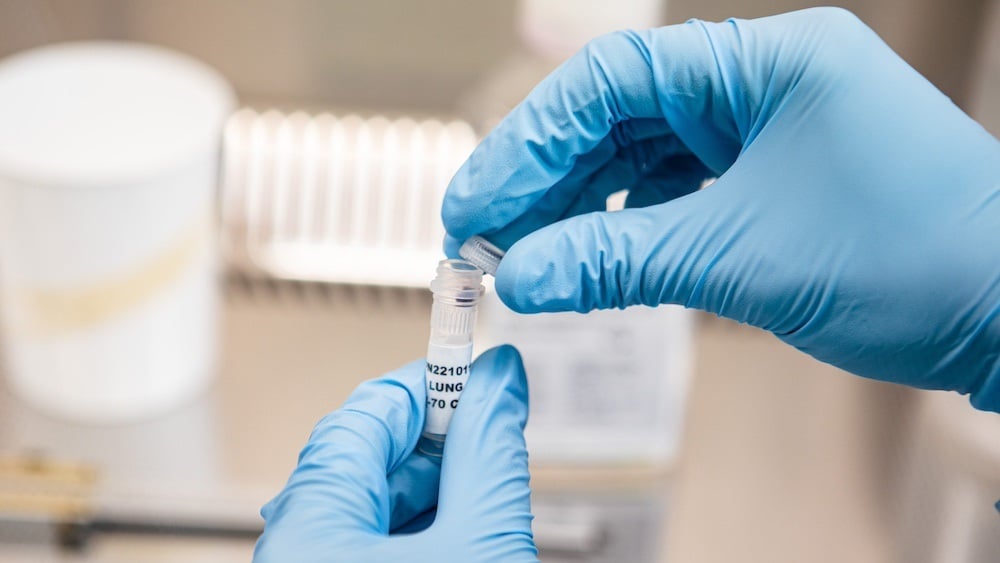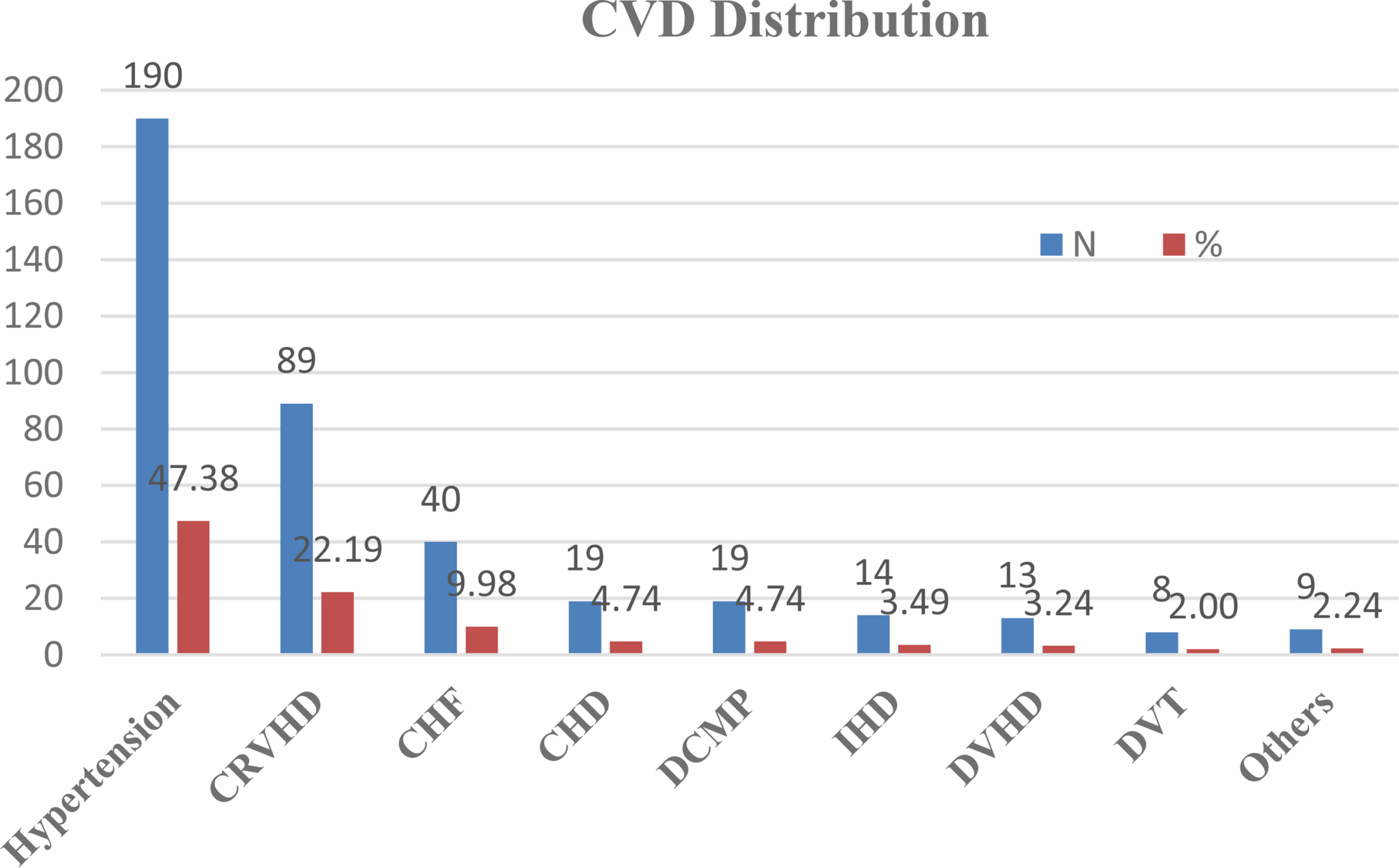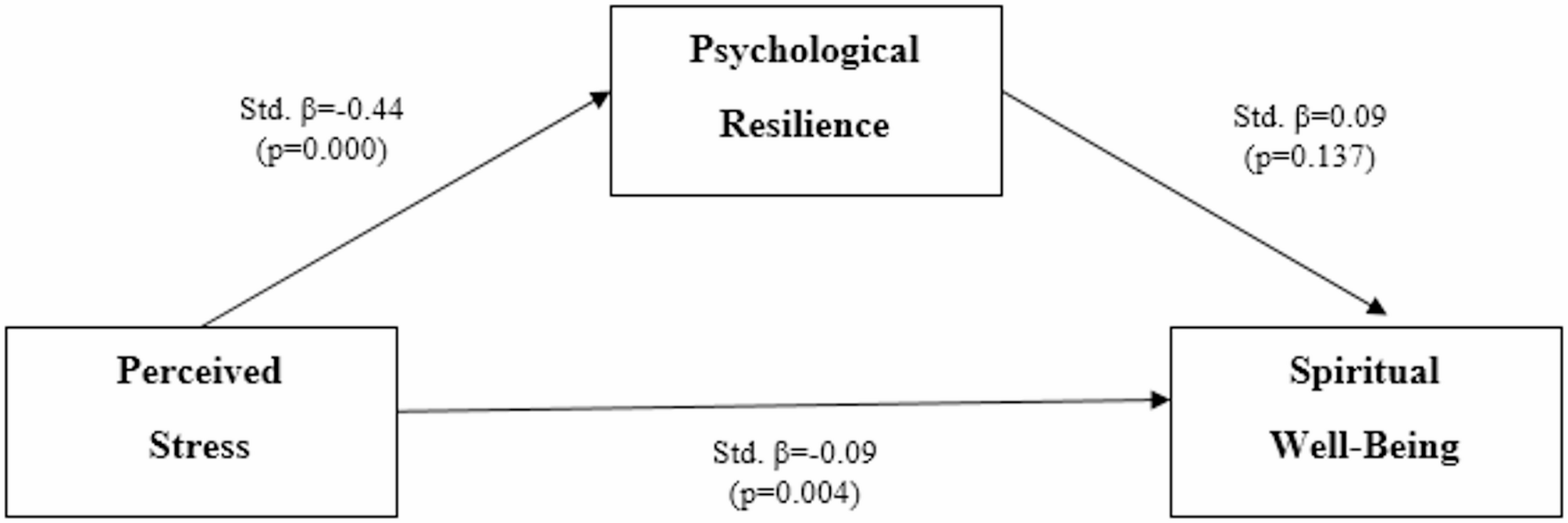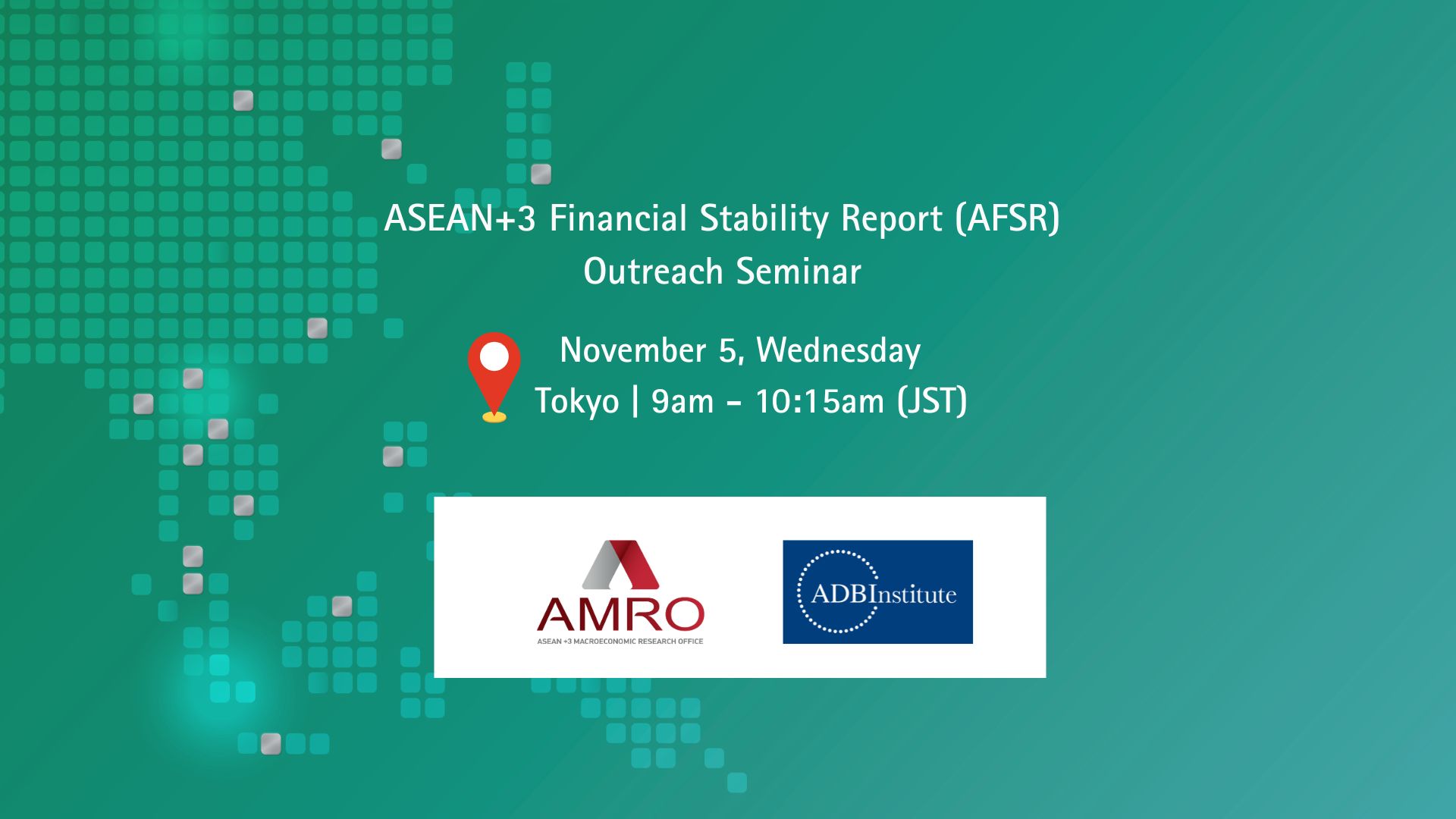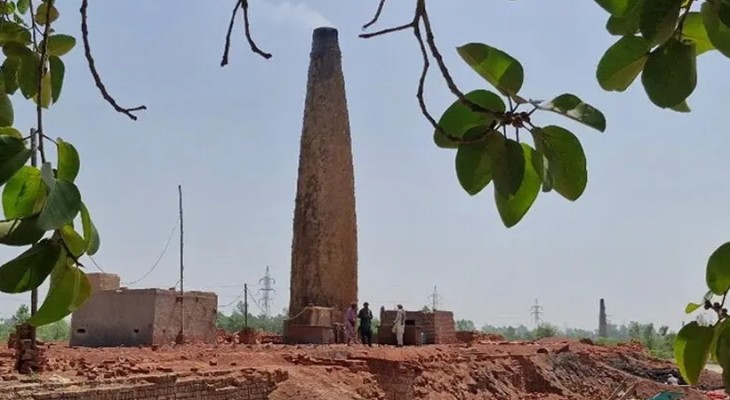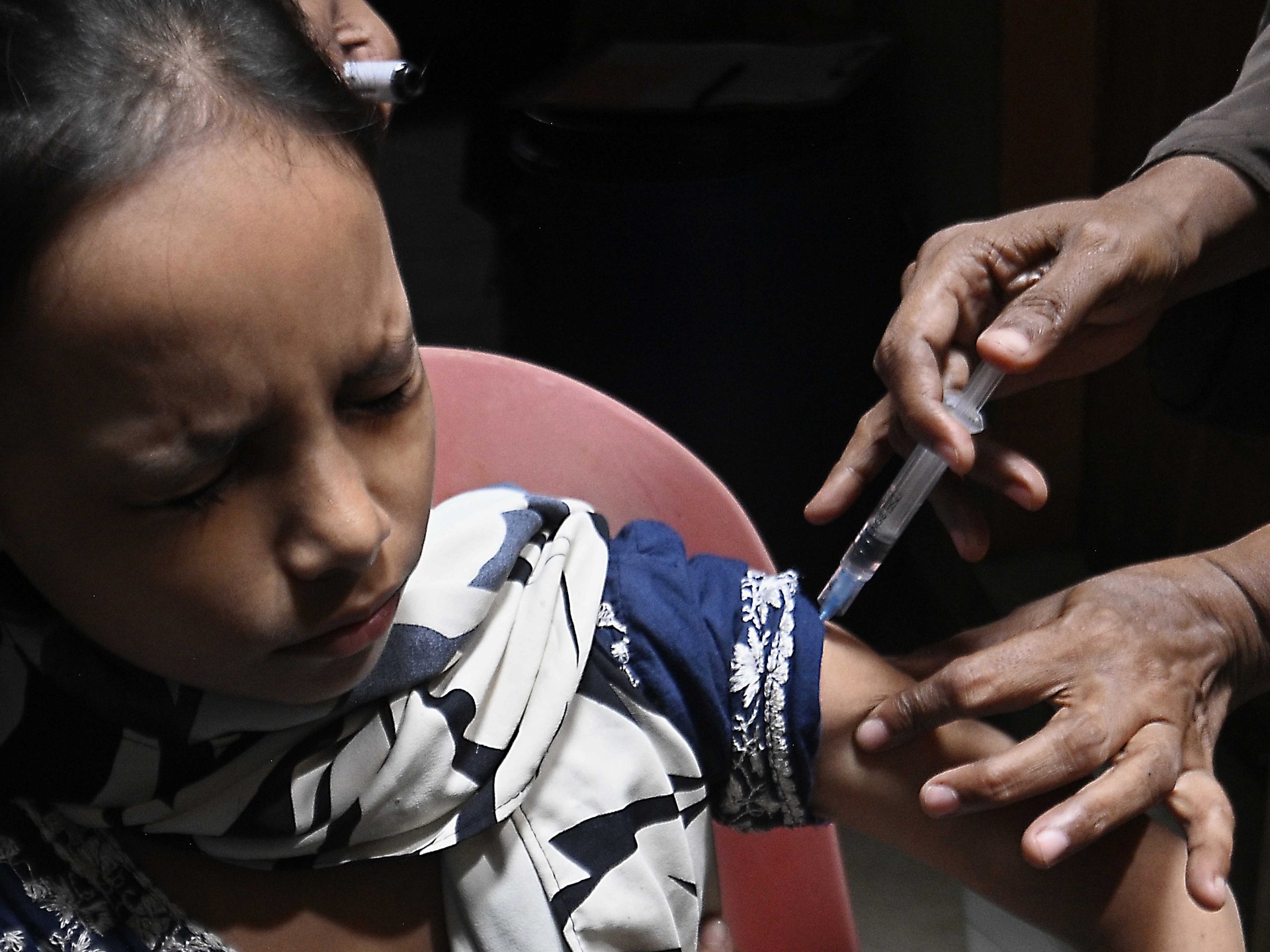An isolate of Middle East respiratory syndrome coronavirus (MERS-CoV), one of three high-impact coronaviruses with pandemic potential to have emerged in recent years, has been added to the WHO BioHub System.
Through the BioHub, countries can voluntarily share and request biological materials with epidemic or pandemic potential. This initiative, set up by the Director-General of WHO during the COVID-19 pandemic, directly supports pathogen characterization and research, surveillance and risk assessments, and in the future will contribute to the development of medical countermeasures such as diagnostics, vaccines, and therapeutics by enabling rapid access to verified biological materials and data essential for advancing research, validation, and product development.
MERS-CoV is a zoonotic virus and can be transmitted between dromedary camels and humans. Infection in people may lead to acute respiratory disease and even death, with a fatal outcome in 37% of cases reported to date. There are currently no licensed vaccines or therapeutics against MERS.
“Since its identification, outbreaks caused by MERS-CoV have been sporadic. As such MERS-CoV isolates have been challenging to obtain, making it all the more important that the WHO BioHub System provides researchers with access to this virus isolate,” said Dr Maria Van Kerkhove, Acting Director of WHO’s Epidemic and Pandemic Management Department. “By supporting timely and transparent sharing of biological materials like the MERS-CoV isolate, the WHO BioHub is supporting research that helps the world prepare for epidemics and, potentially, pandemics.”
Most MERS research to date has used clade A isolates, which are believed tohave been extinct since 2015. The isolate now available in the BioHub was derived from a camel and is of clade C, which is the clade found to be widely circulating in African camel populations.
Recent pandemics and emergencies underscored the urgent need for faster, fairer, and more reliable sharing of pathogens to accelerate global response efforts. In an increasingly interconnected world where new infectious threats continue to emerge, timely access to biological materials is essential for science and public health action.
The WHO BioHub System provides a functional, trusted, and scalable mechanism that minimizes administrative burdens through standardized agreements and procedures, ensuring rapid exchange while maintaining biosafety, supporting research and equity. Since its establishment, the BioHub has grown significantly in both participation and impact. To date, 76 laboratories from 30 countries across all WHO regions have engaged in the system through sharing and requesting biological materials with epidemic or pandemic potential. The BioHub has already played a key role in supporting global responses to major public health events – for example by supporting the sharing of SARS-CoV-2 variants isolates during the COVID-19 pandemic, and by facilitating access to mpox materials during the 2023-2024 outbreak, which enabled diagnostic validation and basic research across multiple laboratories worldwide.
In line with its guiding principles, the BioHub has also served as a bridge for scientific collaboration, fostering equitable partnerships between providers and requestors of biological materials with epidemic or pandemic potential. This has enabled the inclusion of providers in joint scientific projects and publications, reinforcing acknowledgement and co-authorship, transparency, equity and fairness, collaboration and cooperation as well as ensuring shared benefits across the system.
Today, the BioHub’s collection includes 33 variants of SARS-CoV-2, the virus that causes COVID-19; mpox clades Ia, Ib, IIb; the Oropouche virus; and now MERS-CoV. These additional pathogens reflect the evolving capacity of the WHO Biohub System to support preparedness for known and emerging pathogens.
Currently, the Spiez Laboratory in Switzerland serves as the central WHO BioHub Facility, responsible for storing, characterizing, and distributing materials. Looking ahead, WHO aims to expand the network by establishing BioHub Facilities in each WHO region, ensuring all regions have equitable access and the capacity to respond rapidly to future health threats.
This next phase will build on the BioHub’s strong foundation – advancing regional scientific collaboration, strengthening biosafety and biosecurity capacities, and enhancing global health security.
